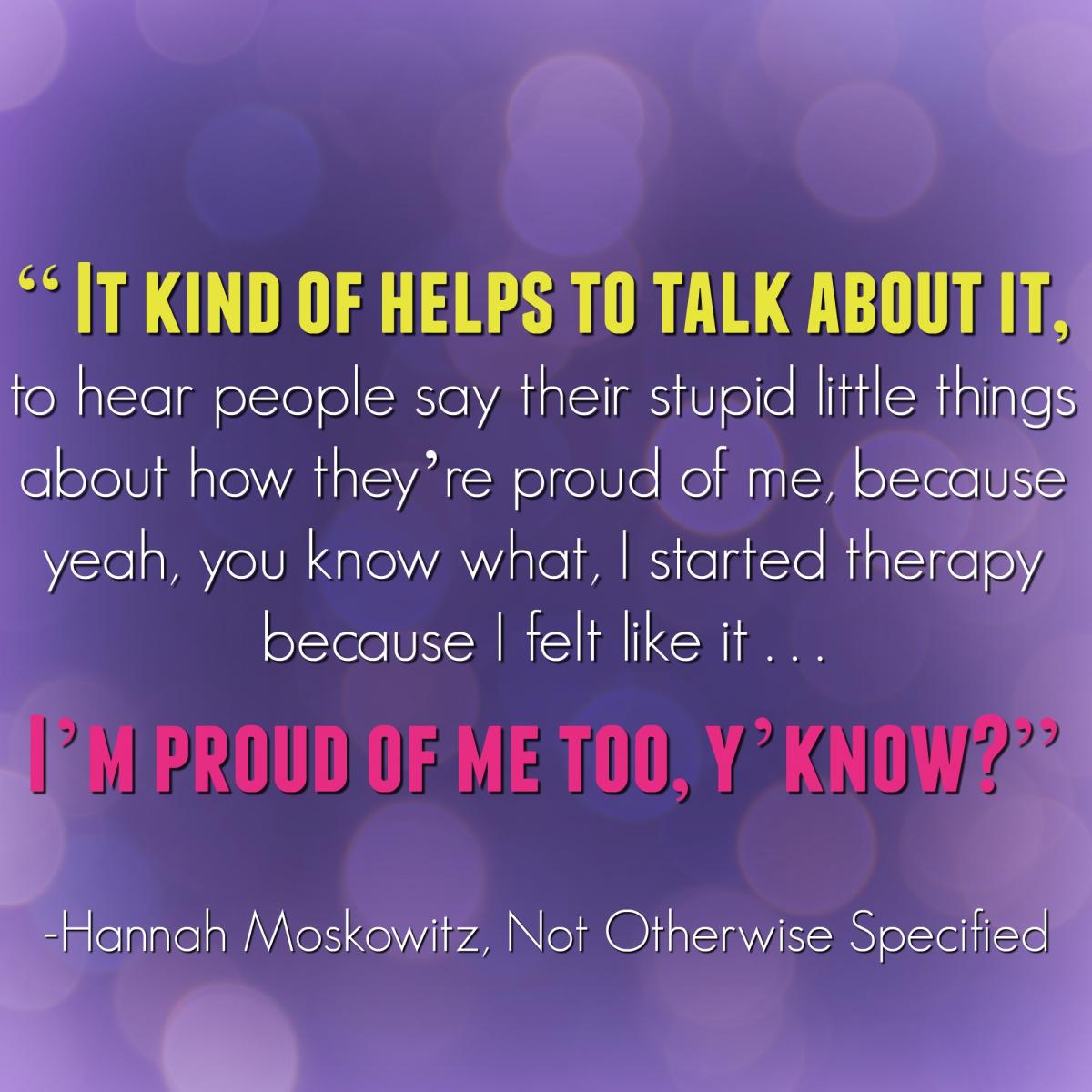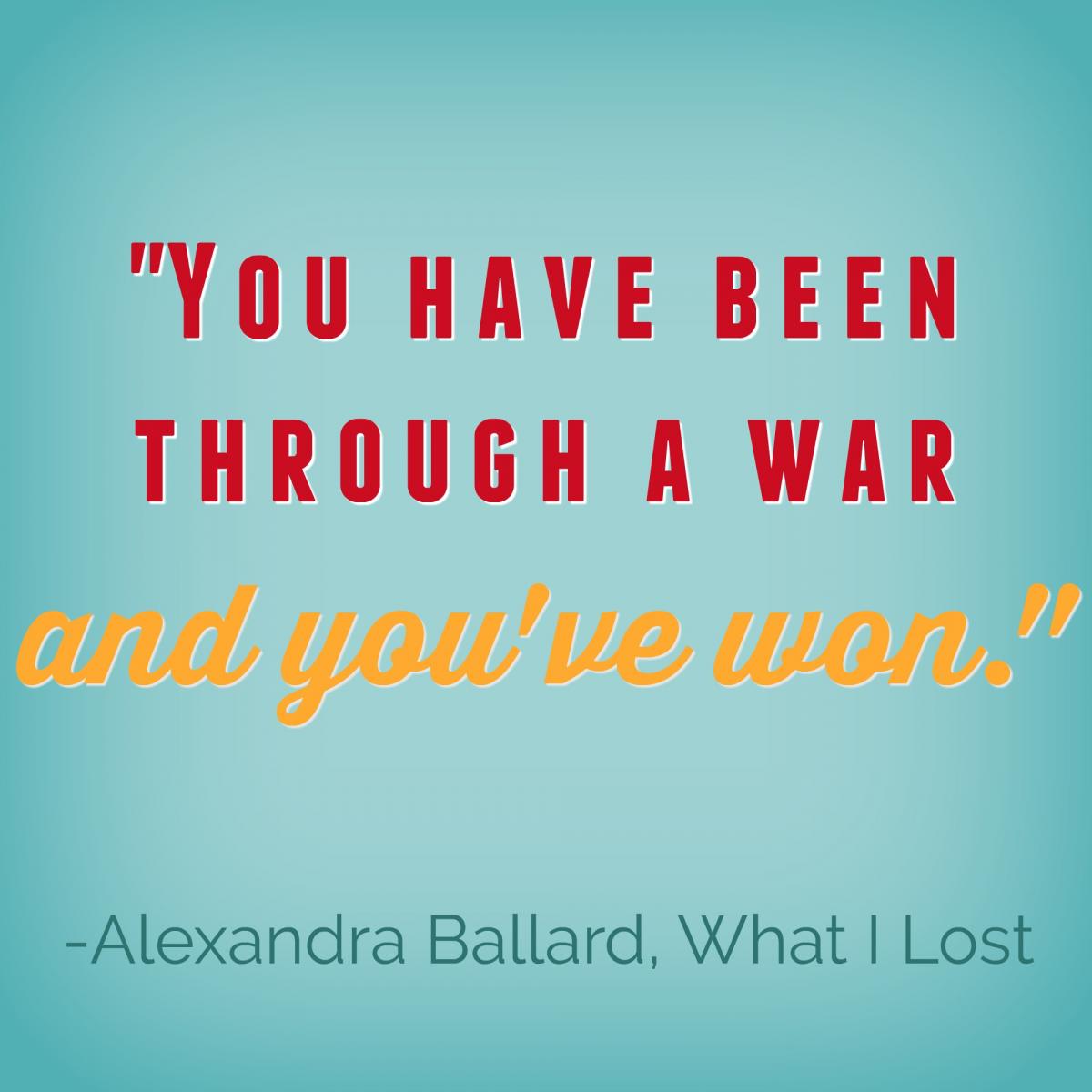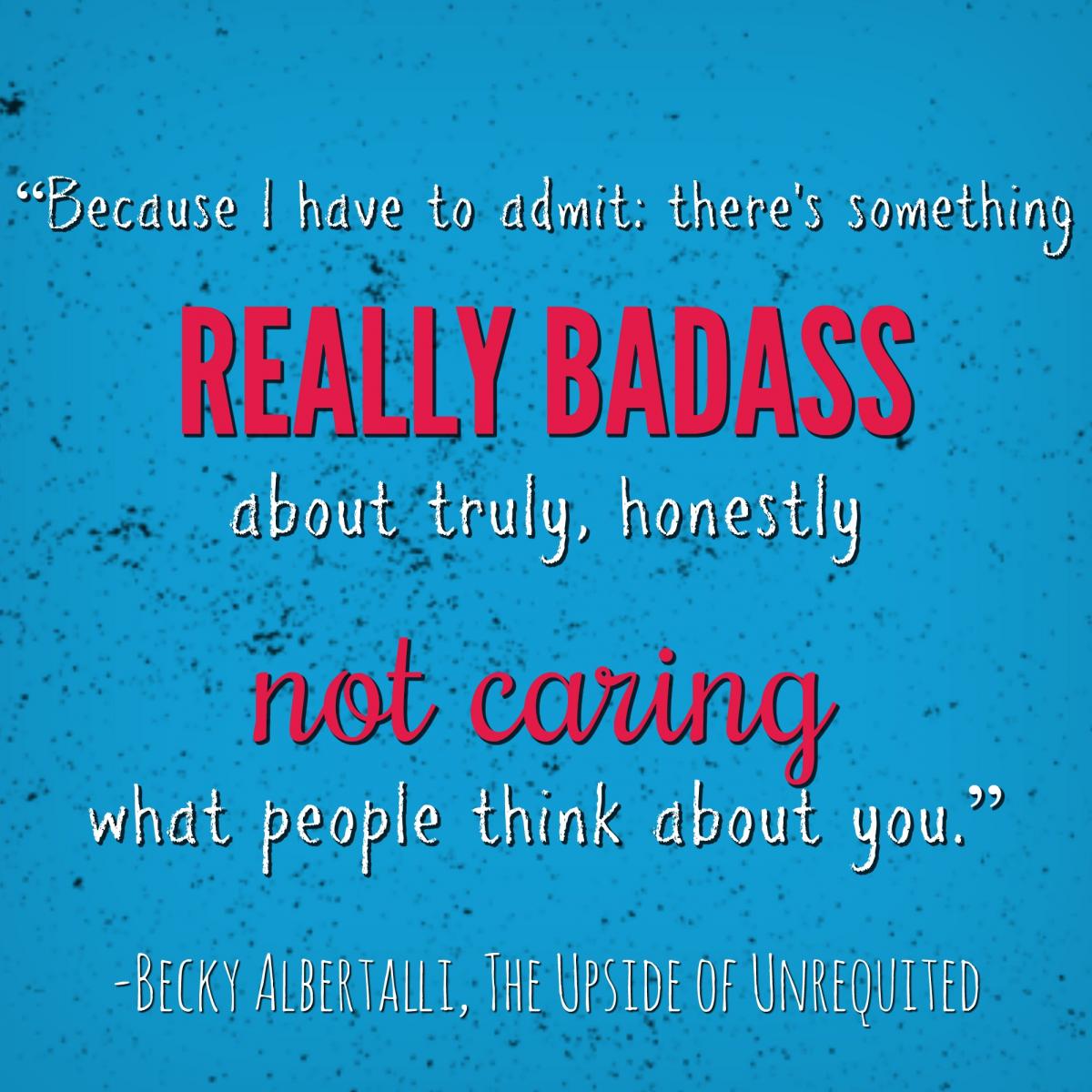When Eating Disorders and Body Positive Fiction Get It Right
Fiction, known to offer many an escape from reality, has also developed into a way for individuals to see themselves in literature. We are so lucky the literary world has moved beyond just entertainment to a place of identification and comfort for so many with unique experiences. In honor of National Book Lovers Day, I wanted to share a handful of books that not only may have resonated with my eating disorder, but are also prime examples of themes to be emulated in future fictitious works when tackling eating disorder recovery and/or body positivity.
Disclaimer: I recognize that representation is relative. People may come from similar experiences, but see themselves differently within one portrayal. All experiences are valid, even if we may disagree on how a story represented us as individuals. Recovery and body positivity looks different on everyone, and that is an amazing thing!

1. Breaking the Straight/White Stereotype
Hannah Moskowitz’s Not Otherwise Specified tells the story of a teen in recovery for other specified feeding or eating disorder (OSFED) (previously known as eating disorder not otherwise specified). Not only does this novel address an illness that gets little to no representation in media, but the protagonist is also black and bisexual. The inclusion of a person of color and a member of the LGBTQ+ community who also suffers from an eating disorder is a rare sight in literature, despite the prevalence of eating disorders being almost identical between white people/people of color as well as straight teens/gay/lesbian/bisexual individuals. Intersectionality is a crucial topic to creating stories that better represent all voices within a marginalized population, and many authors would do well to follow Moskowitz’s lead.

2. Rejecting Glorification – Promoting the Facts
What I Lost by Alexandra Ballard is a recent release, depicting a young teen’s experience with inpatient treatment for anorexia. As someone who has observed an unfortunate amount of glamorization of EDs in media, I was so pleased to see a portrayal that highlighted the medical complications and consequences of eating disorders. With talk of mitral valve prolapse, orthostatic hypotension, osteopenia/osteoporosis, amenorrhea, and more, What I Lost is an enlightening narrative about eating disorders that tackles the dangers of these illnesses. Though stories about eating disorders always have the potential to trigger some, the ultimate message of the story is to promote awareness for eating disorders as well as show that recovery is possible. Ballard’s efforts to not only create an entertaining story but also inform readers of the truth they are reading about are admirable and hopefully will inspire future authors to do the same.

3. Recognizing All Shapes & Sizes
The Upside of Unrequited by Becky Albertalli is one of the most notable YA fiction novels from a big publishing house to feature a fat main character AND be free of stereotypes. While this book does not deal with eating disorders, our protagonist does go through some personal growth to accept her body. It deals with many of the insecurities and struggles people of size may face, but ultimately ends with a message of self-acceptance and body positivity. Fat people need to have a larger voice in literature, and not one that is plagued by harmful stereotypes and stigmas. Authors would do good to implement a wider variety of body types to include in their books but to also make them normalized, authentic people, as Albertalli has done so well.
Emma Giordano is a 21-year-old New York-based psychology student aiming to become a mental health counselor. She is a YouTuber at youtube.com/emmmabooks who primarily talks about books but also utilizes her platform to encourage discussion about mental health.





